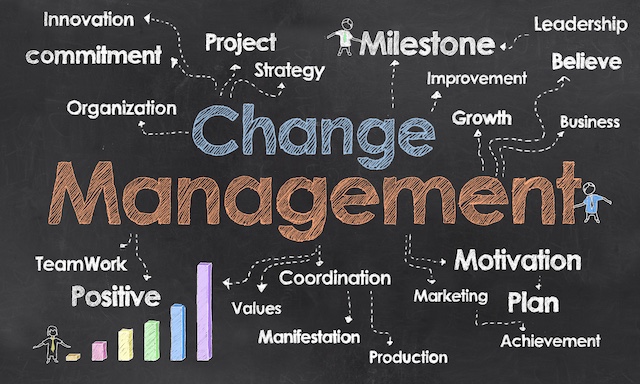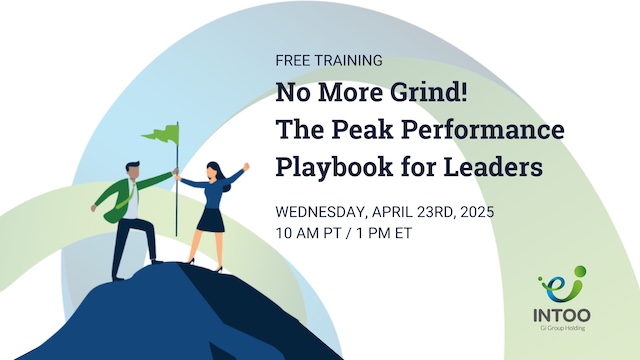What is Organizational Development?
Organizational development (OD) is a systematic approach to improving an organization’s effectiveness, efficiency, and overall health through planned change management initiatives. It involves strategies, processes, and interventions designed to enhance workplace culture, leadership, communication, and operational efficiency. Organizational development is rooted in behavioral science and aims to create a continuous cycle of improvement by assessing current organizational challenges, implementing solutions, and evaluating outcomes. This field encompasses various practices, including change management, team building, leadership development, and employee engagement strategies, all of which contribute to long-term business success.
Why is Organizational Development Important in the Workplace?
Organizational development is essential for businesses looking to adapt to evolving market conditions, improve employee performance, and maintain a competitive advantage. A well-structured OD strategy helps organizations foster innovation, enhance collaboration, and create a positive work culture that supports employee growth. It also plays a key role in conflict resolution, succession planning, and talent retention, ensuring that organizations remain agile and resilient. By investing in OD initiatives, companies can address inefficiencies, streamline processes, and build a high-performing workforce that is aligned with business goals and values.
Real-World Examples of Organizational Development
Many organizations have successfully implemented OD strategies to drive business growth and improve workplace dynamics. For example, Google continuously invests in leadership development and employee engagement programs to maintain a culture of innovation and collaboration. Another example is General Electric (GE), which has used organizational development principles through its Six Sigma program to improve efficiency and reduce operational errors. Additionally, companies undergoing mergers or acquisitions often rely on OD experts to manage cultural integration and ensure a smooth transition. These examples demonstrate how organizational development can create sustainable improvements that benefit both employees and the company as a whole.




